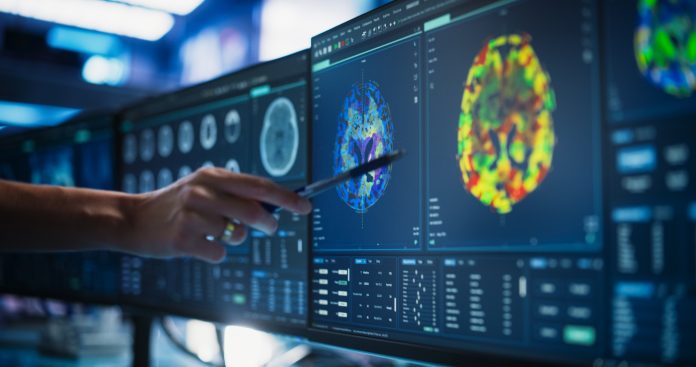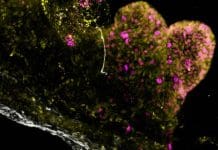A significant £40 million investment, one of the largest in the field, will power cutting-edge research at the University of Edinburgh. This substantial funding is aimed at transforming diagnosis and treatment for neurodevelopmental disorders like autism, fragile X syndrome, and ADHD
The University of Edinburgh is set to lead a major new initiative into neurodevelopmental disorders thanks to a transformative £40 million funding award. This investment will support ambitious research into the biological, psychological, and social factors that shape conditions such as autism, fragile X syndrome, and ADHD, inviting the entire research community to join in this important work.
Propelling brain research
The Simons Foundation, a leading supporter of scientific research, has pledged up to £40 million over the next ten years for researchers at the Simons Initiative for the Developing Brain (SIDB) to advance studies into the biological mechanisms that cause changes in brain development associated with neurodevelopmental disorders, including autism. The SIDB was founded in 2017 following a generous donation from the Foundation, which continues to play a crucial role in supporting and shaping our research.
Autism affects around 75 million people worldwide, and people with single-gene causes of autism often have co-occurring conditions, including epilepsy, sleep disorders, mental health problems, and intellectual disability.
Since the SIDB was launched, more than 40 principal investigators across several research sites have used advanced techniques to investigate how DNA changes known to cause autism affect brain development. Experts have investigated how variations in the brain’s wiring can influence its ability to process information, which ultimately determines our intellectual and social skills.
“The philosophy guides the SIDB’s fundamental research, which aims to improve our understanding of the brain, and will lead to better therapeutic options for people with these neurodevelopmental disorders. We are extremely grateful for this support from the Simons Foundation, which will have a significant and lasting impact on our fundamental and clinical research programmes,” commented Professor Peter Kind, Director of the SIDB.
A strong commitment to neurological disorder research
SIDB has previously found a promising treatment for Rett syndrome, a rare neurological disorder similar to autism that causes loss of motor and language skills. The researchers found that even advanced symptoms in mice could be improved by restoring a key gene, MECP2, which challenged the idea that effective treatment is only possible during early brain development.
Building upon this, the researchers have developed a gene therapy for Rett syndrome, which is now showing promising results at low doses in an ongoing clinical trial.
Furthermore, scientists are investigating how mutations in the SYNGAP1 gene affect the brain’s processing of visual information. Those with SYNGAP1 mutations can experience epilepsy, developmental delays, movement disorders and autism. In mouse models, researchers found that the mutation makes it more challenging to distinguish visual patterns and requires more repetition to learn. This research identified guanfacine – an existing ADHD medication – as a potential treatment. A clinical trial is currently being developed to assess its effectiveness in individuals with SYNGAP1-related conditions.
“We are deeply grateful to all at the Simons Foundation for this vote of confidence in the work of Peter Kind and his team. This project area exemplifies the University’s overarching goal to make the world a better place. Our partnership with the Foundation is a shining example of how far-sighted philanthropy accelerates scientific progress and deepens long-term impact for local and global patient communities,” commented Professor Peter Mathieson, Principal and Vice-Chancellor of the University of Edinburgh.
“We are proud and delighted to support Peter Kind and his colleagues at SIDB. Their dedication to advancing the basic science of autism and neurodevelopmental disorders, their strong emphasis on collaboration, and their leadership in open science embody the core values the Simons Foundation aims to support in its interdisciplinary collaborations,” added Kelsey Martin, Executive Vice President, Autism and Neuroscience at the Simons Foundation.








